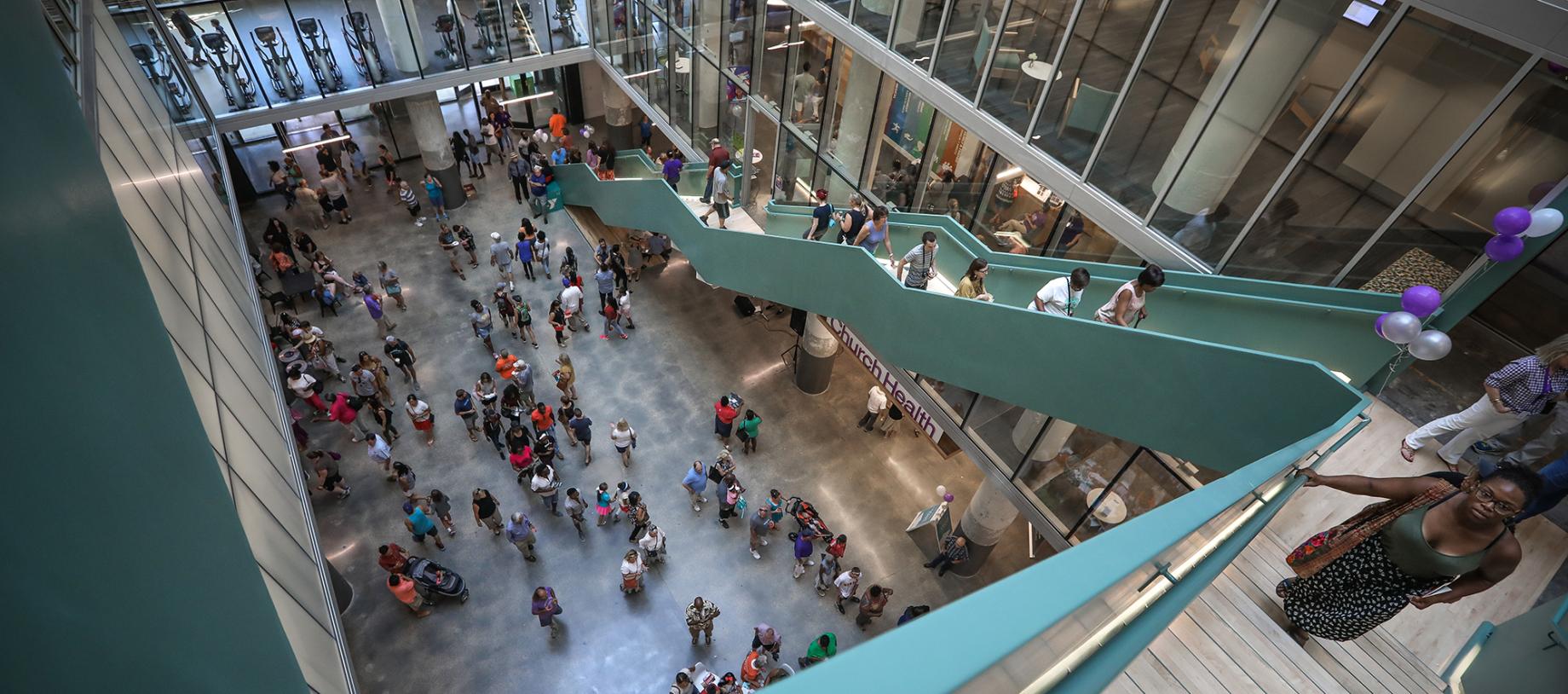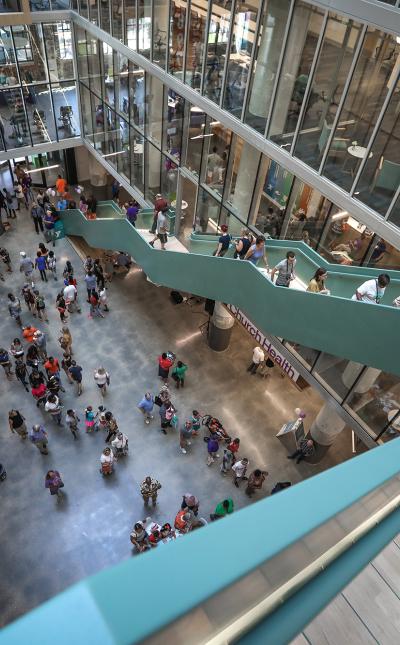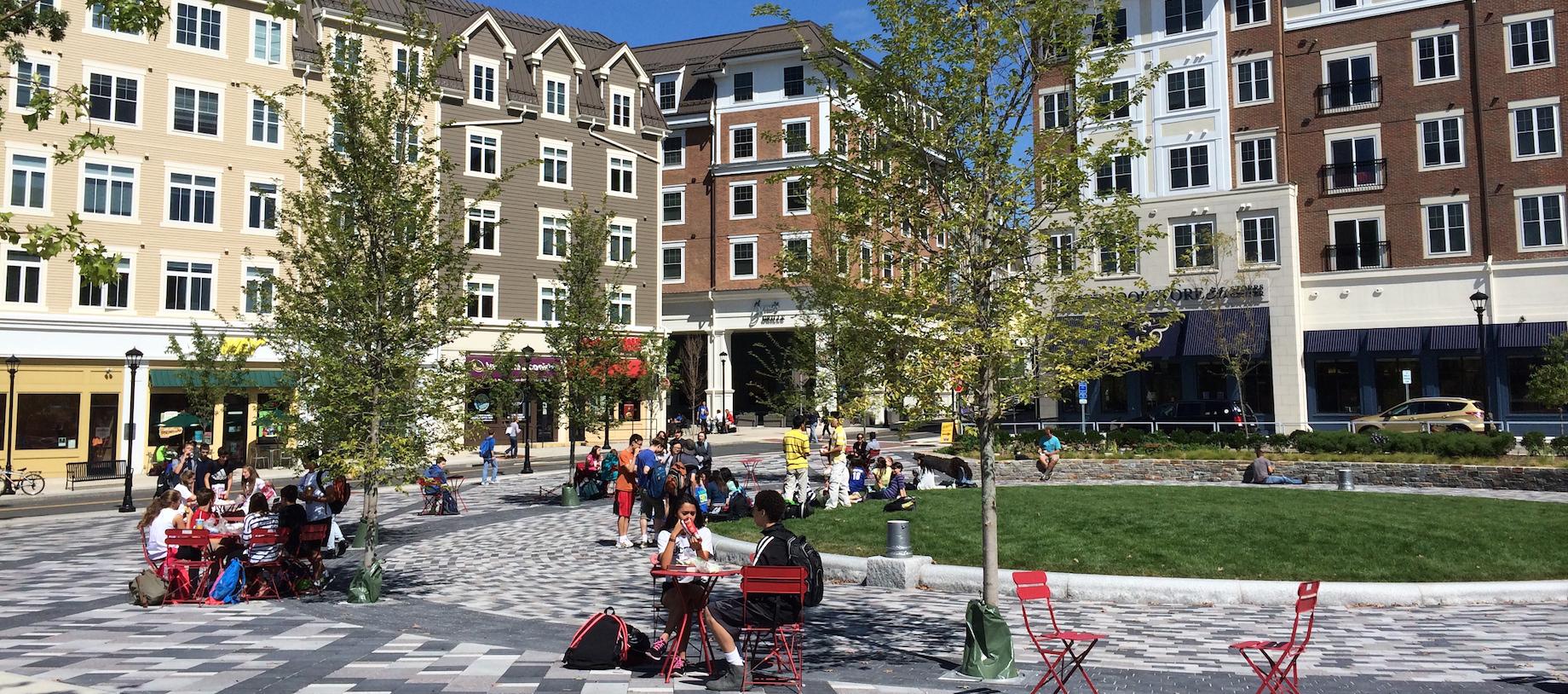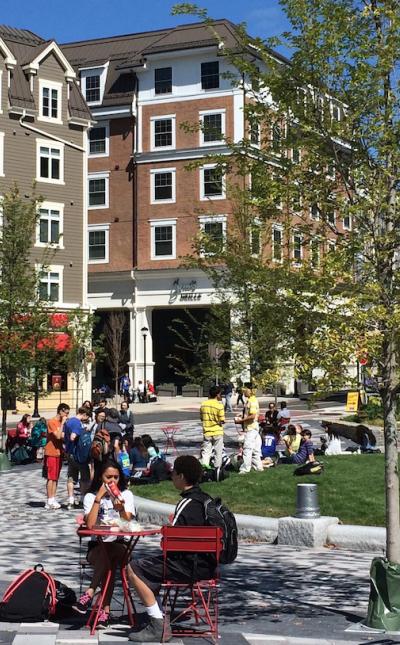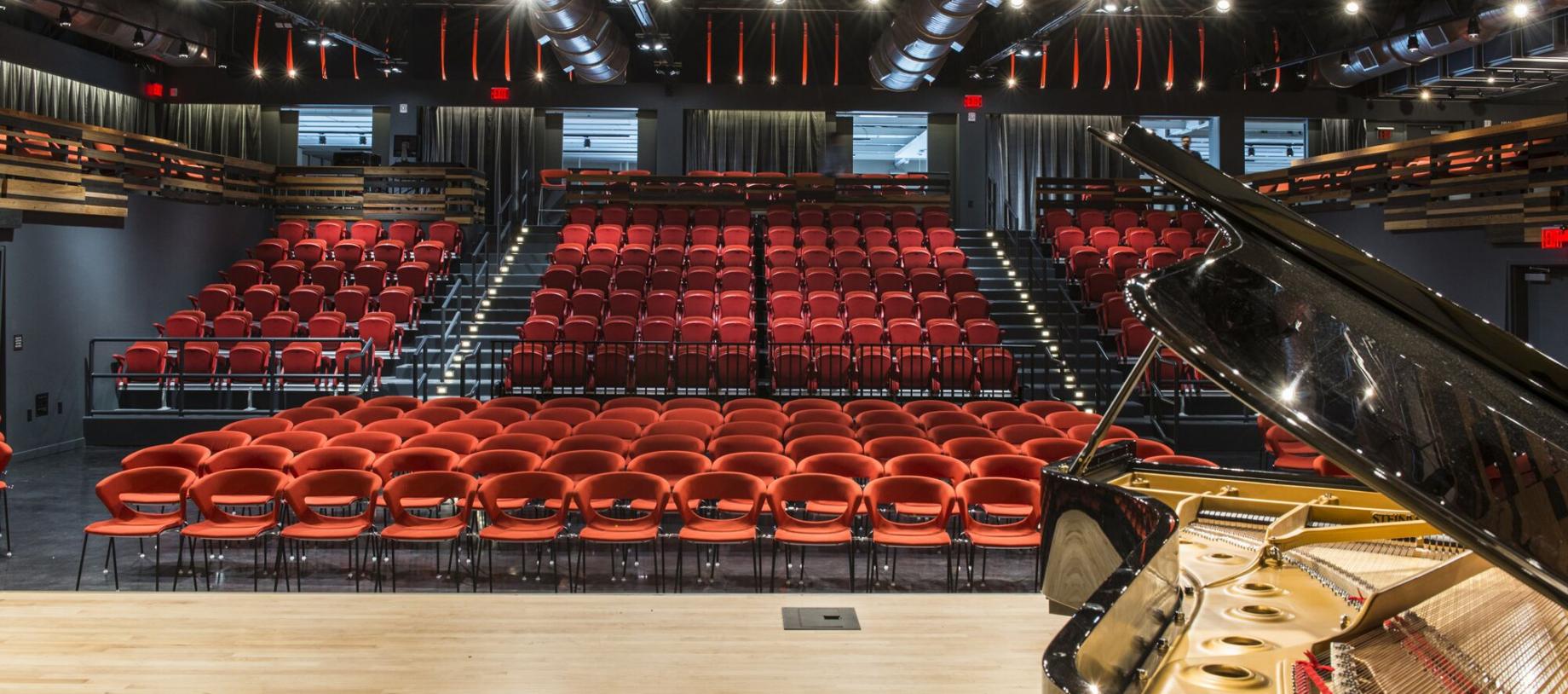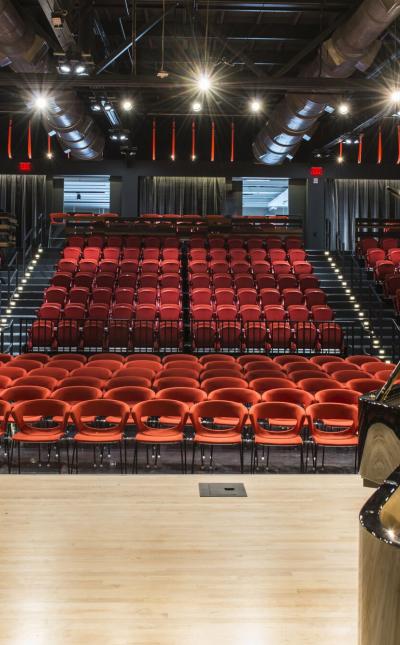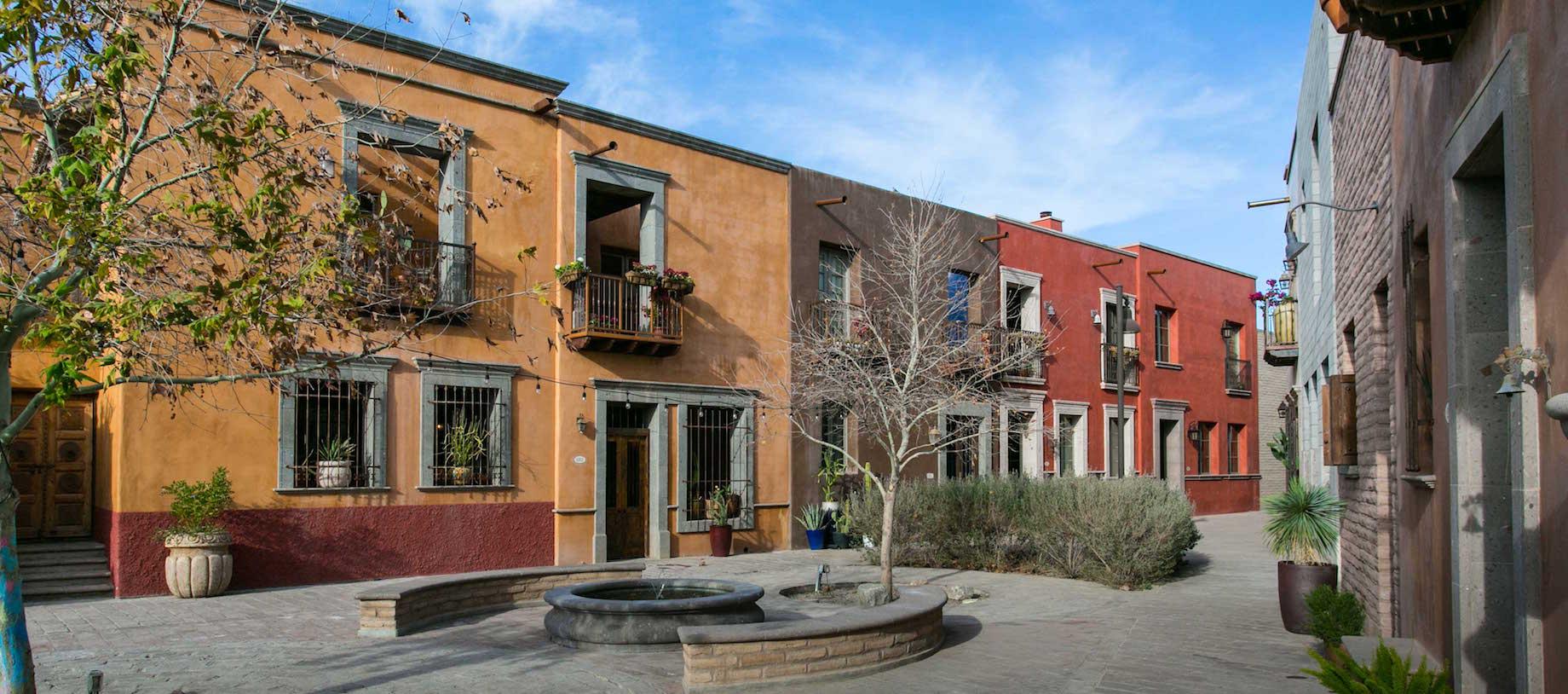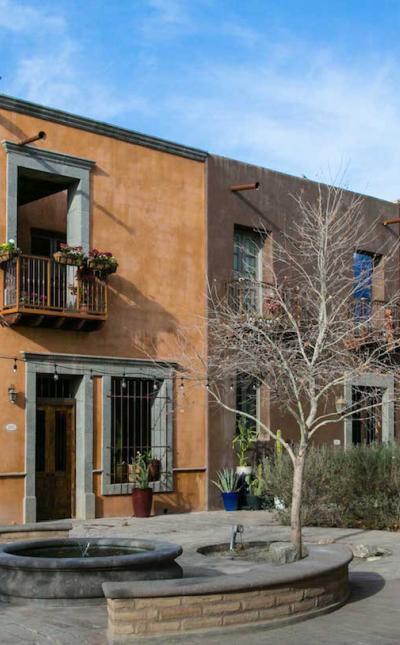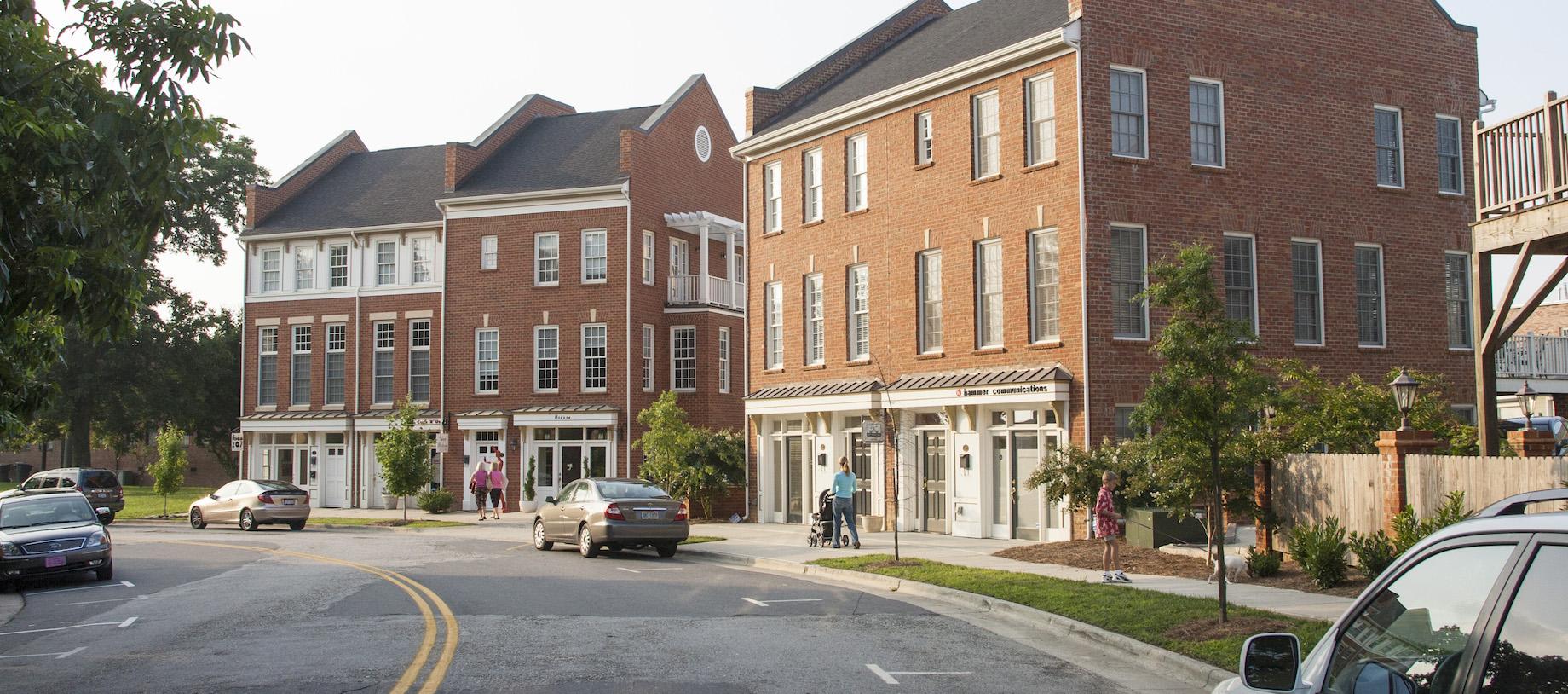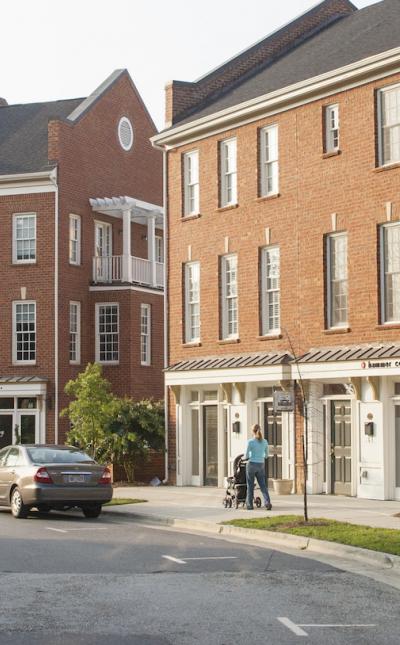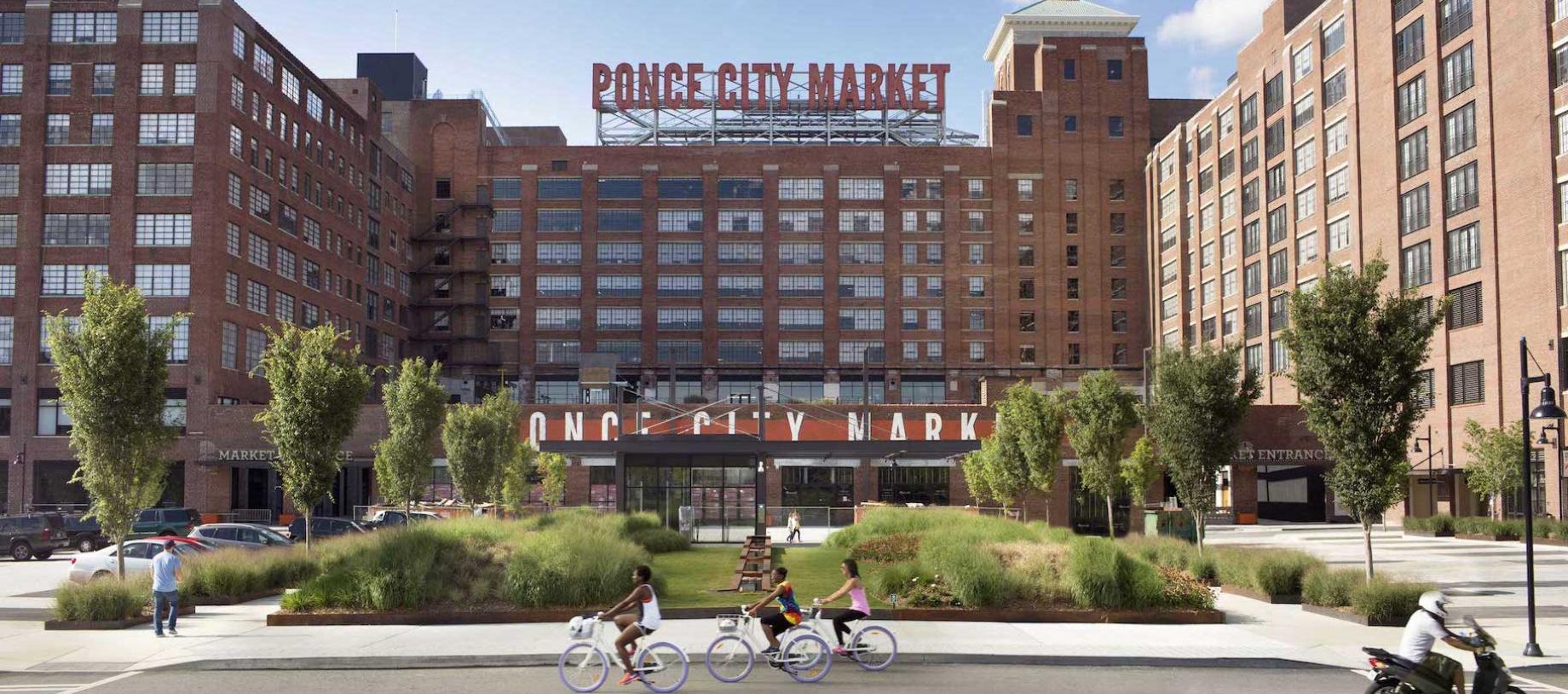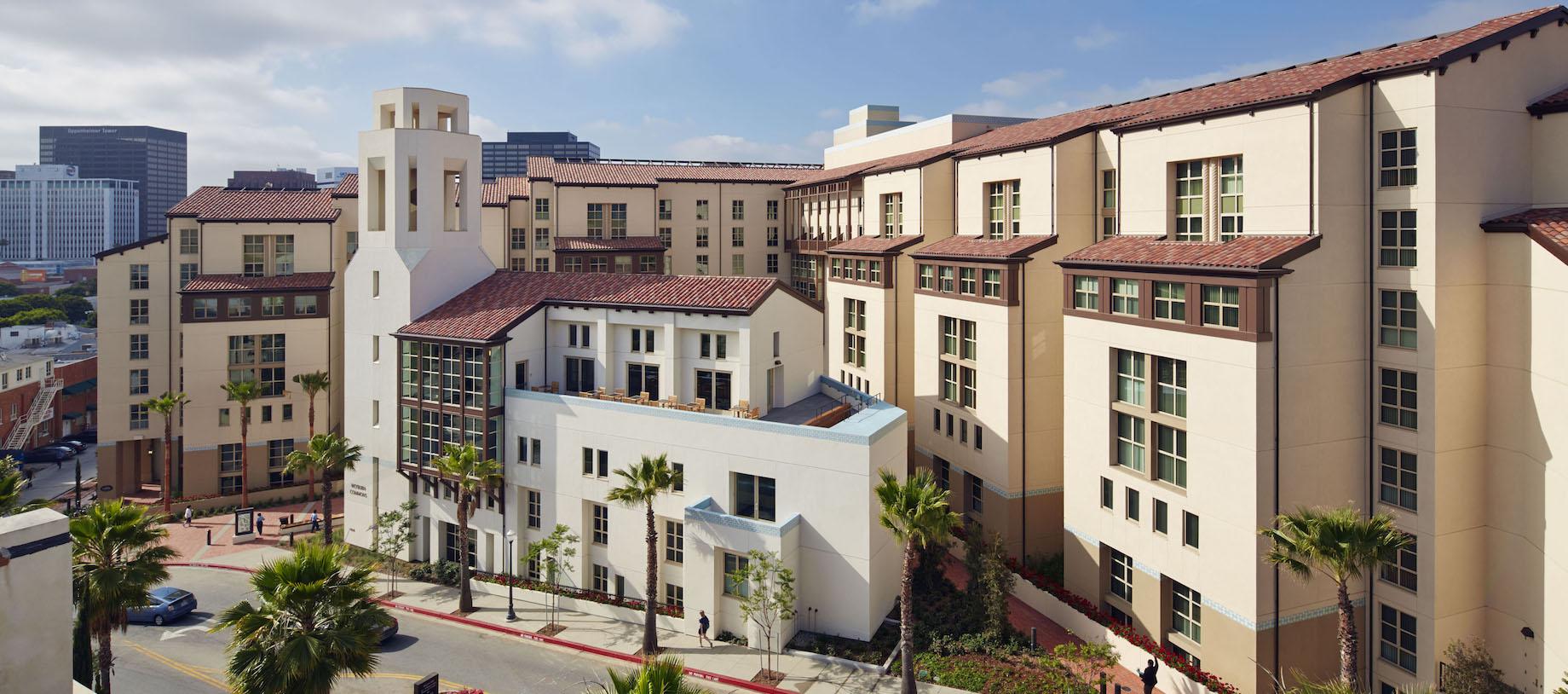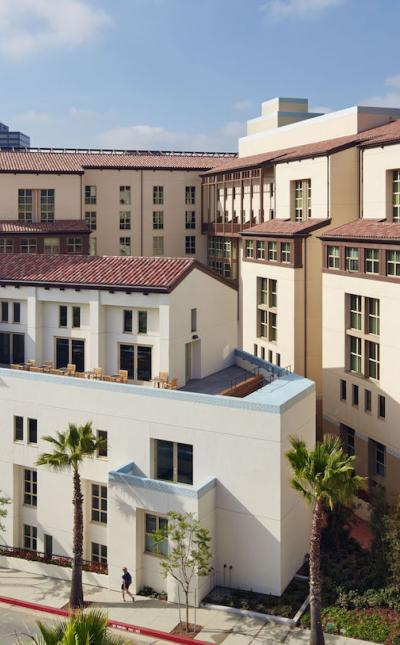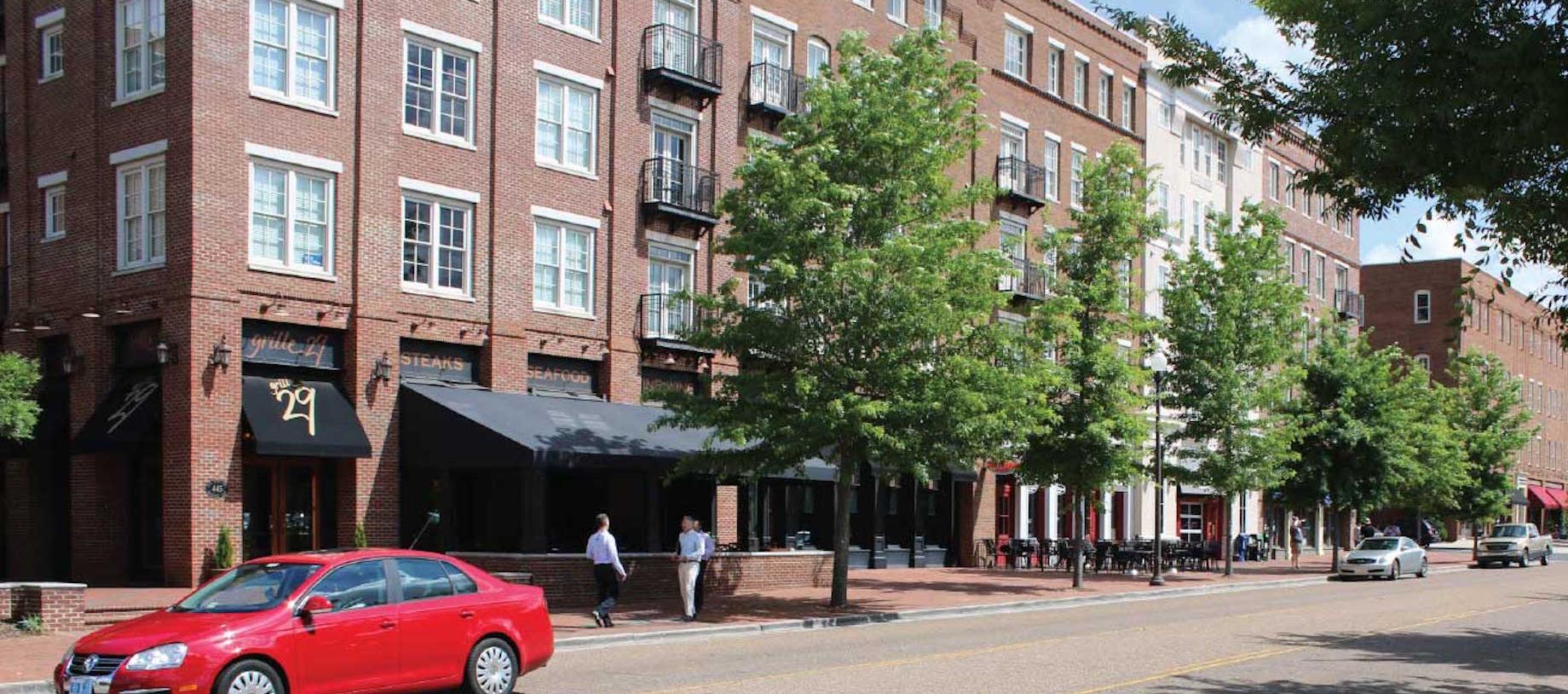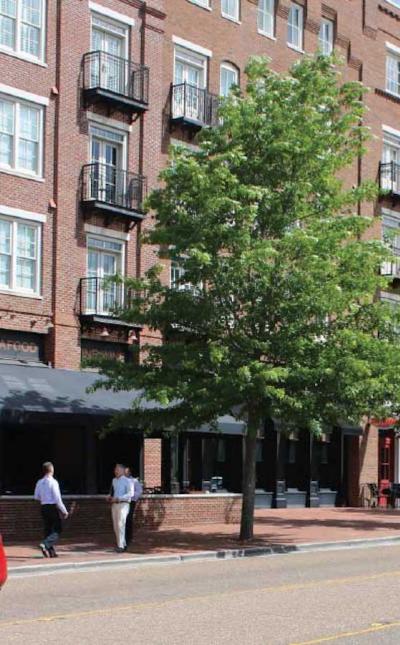Throughout CNU’s history, the ideas and passions of our members have spun off in a multitude of directions to enable deeper work and research on the core components of New Urbanism. The organizations listed here are closely affiliated with CNU—in scope of work, in principles, and in their tireless commitment to building better places.
 |
Form-Based Codes InstituteThe Form-Based Codes Institute (FBCI) is a non-profit professional organization dedicated to advancing the understanding and use of form-based codes. FBCI pursues this objective through three main areas of action.
|
 |
National Charrette InstituteThe National Charrette Institute (NCI) is a nonprofit educational institution. We help people build community capacity for collaboration to create healthy community plans. We teach professionals and community leaders the art and science of the NCI Charrette System™, a holistic, collaborative planning process that harnesses the talents and energies of all interested parties to create and support a feasible plan. And we advance the fields of community planning and public involvement through research and publications. |
 |
National Town Builders AssociationAs a peer-to-peer organization, The NTBA provides an unequaled opportunity to share information and insight with the nation’s premier Town Builders. This give and take among equals in a collegial setting has proven to be the most efficient way to problem-solve, improve quality and energize the vision necessary to execute the very best of town building principles. The NTBA is Town Builders learning from one another and committed to the following mission:
|
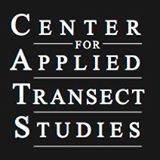 |
Center for Applied Transect StudiesThe Center for Applied Transect Studies (CATS) promotes understanding of the built environment as part of the natural environment, through the planning methodology of the rural-to-urban transect. CATS supports interdisciplinary research, publication, tools, and training for the design, coding, building, and documentation of resilient transect-based communities. CATS is committed to transect-based environmental and land development principles that encourage the following outcomes:
|
 |
Seaside InstituteThe Seaside Institute is dedicated to the following purposes:
|
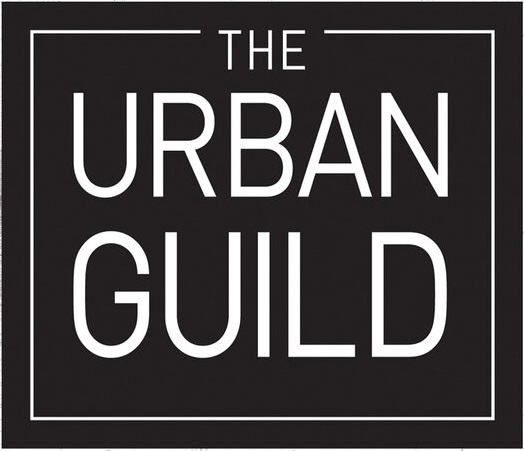 |
Urban GuildThe New Urban Guild is dedicated to promoting the creation of better places through traditional patterns and languages of architecture and urbanism. We view the pervasiveness of disposable buildings, placeless buildings, forgettable buildings and unlovable buildings as the natural end-product of any theory of architecture that is not based primarily on human beings. |
CNU ChaptersCNU Chapters provide a local framework to collaborate on building more great places for everyone. Chapters are a leading voice to promote and define urban design in communities and across regions. They gather local leaders, like-minded organizations, and practitioners looking for peer networking, professional development, and strategies and tools of what works in their communities. |
International Organizations
Australian Council for New Urbanism
The ACNU represents an alliance of Australian and New Zealand practitioners, who are working together to improve the quality and sustainability of our urbanism.
Australian New Urbanism is a growing and evolving practice, with strong values and on a steep learning curve.
Its basic aim to improve the urban sustainability, vitality, and quality of life for existing Australian towns and cities, as well as for new urban extensions. Primary tools include design, regulation, development, and education, at all scales from buildings to regions.
Council for Canadian Urbanism
The Council for Canadian Urbanism (CanU) is a movement and organization of city planners, urban designers, architects, landscape architects, engineers, developers and other urbanists operating across Canada, in urban design leadership positions within city governments and the private or community sectors.
CanU strives to connect urbanists across Canada and has actively promoted the inclusion of all regions with representation in both English and French, in the use of best practices and in sharing experience in the building of great communities.
Council for European Urbanism
The Council for European Urbanism believes that European cities, their environs, and countryside are threatened by development trends which cause:
- waste of natural and cultural resources
- social segregation and isolation
- the expansion of monofunctional uses/ single use zones
- the loss of local, regional, and national uniqueness and cohesion
Since the fall of the Iron Curtain, it has been recognized that the political, economic, and social division of Europe must be overcome. The Council for European Urbanism believes that cities and regions will play a special and integrating role in this process. Their renewal will influence the development of a diverse European Culture.
The Council for European Urbanism perceives itself as in the tradition of recent European urbanism.

